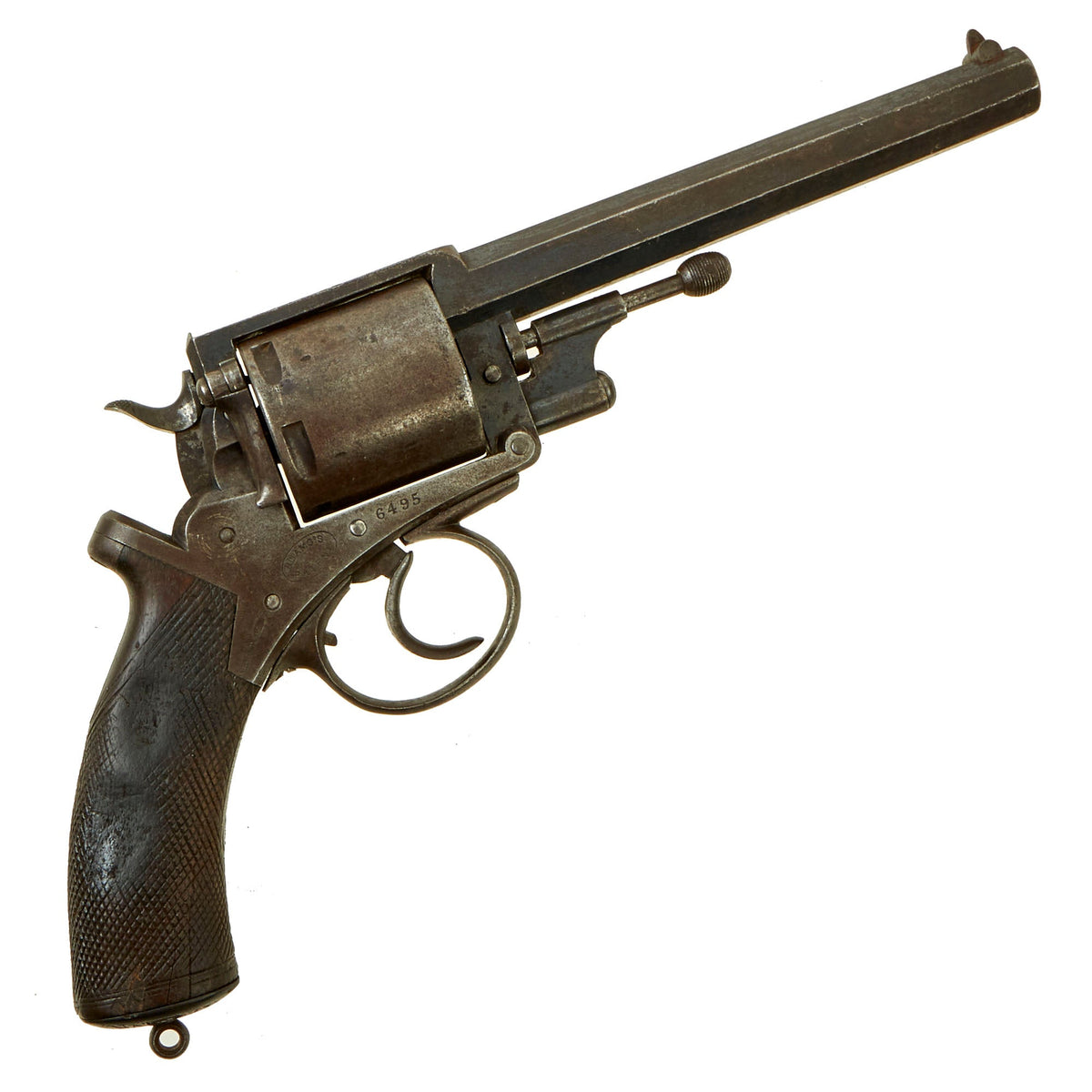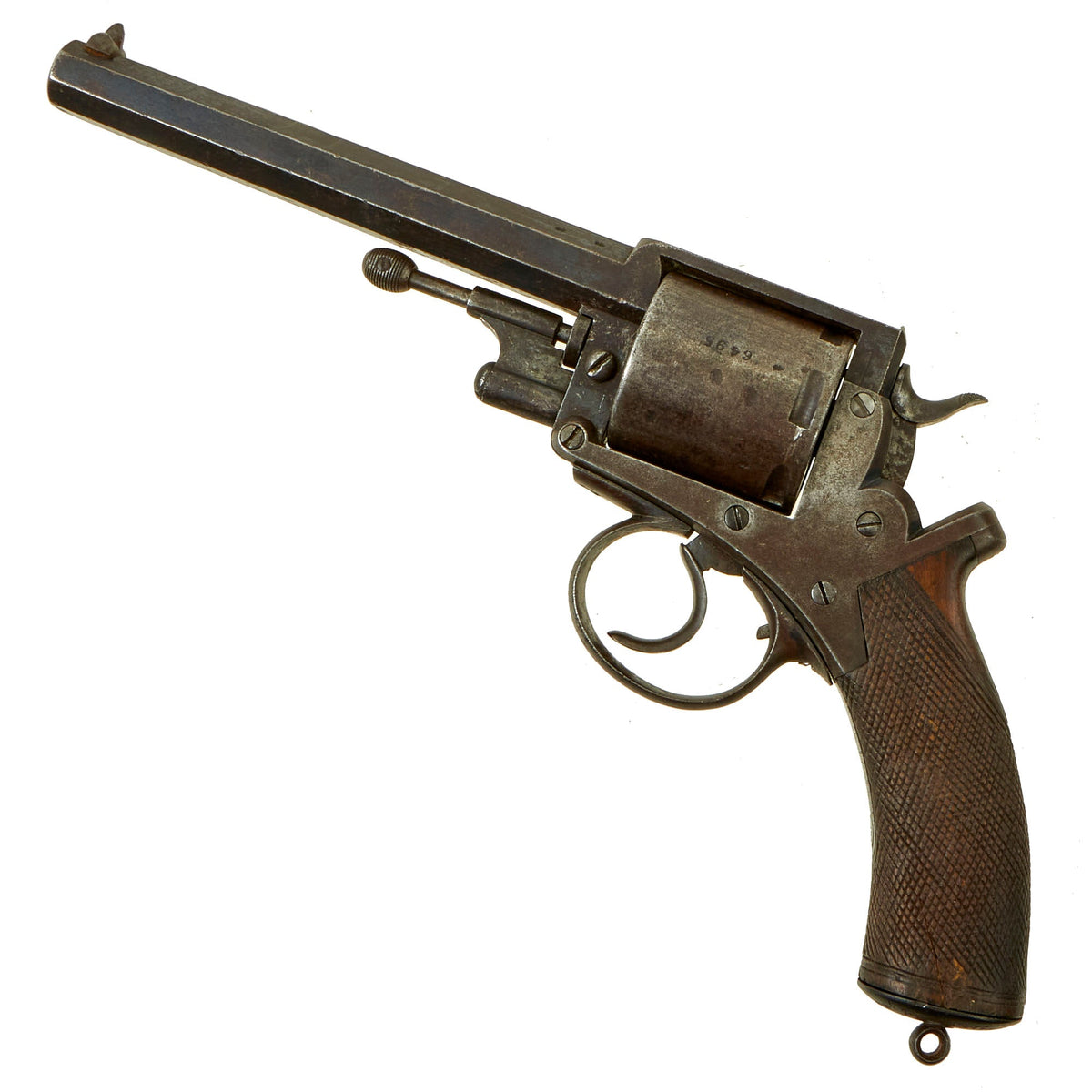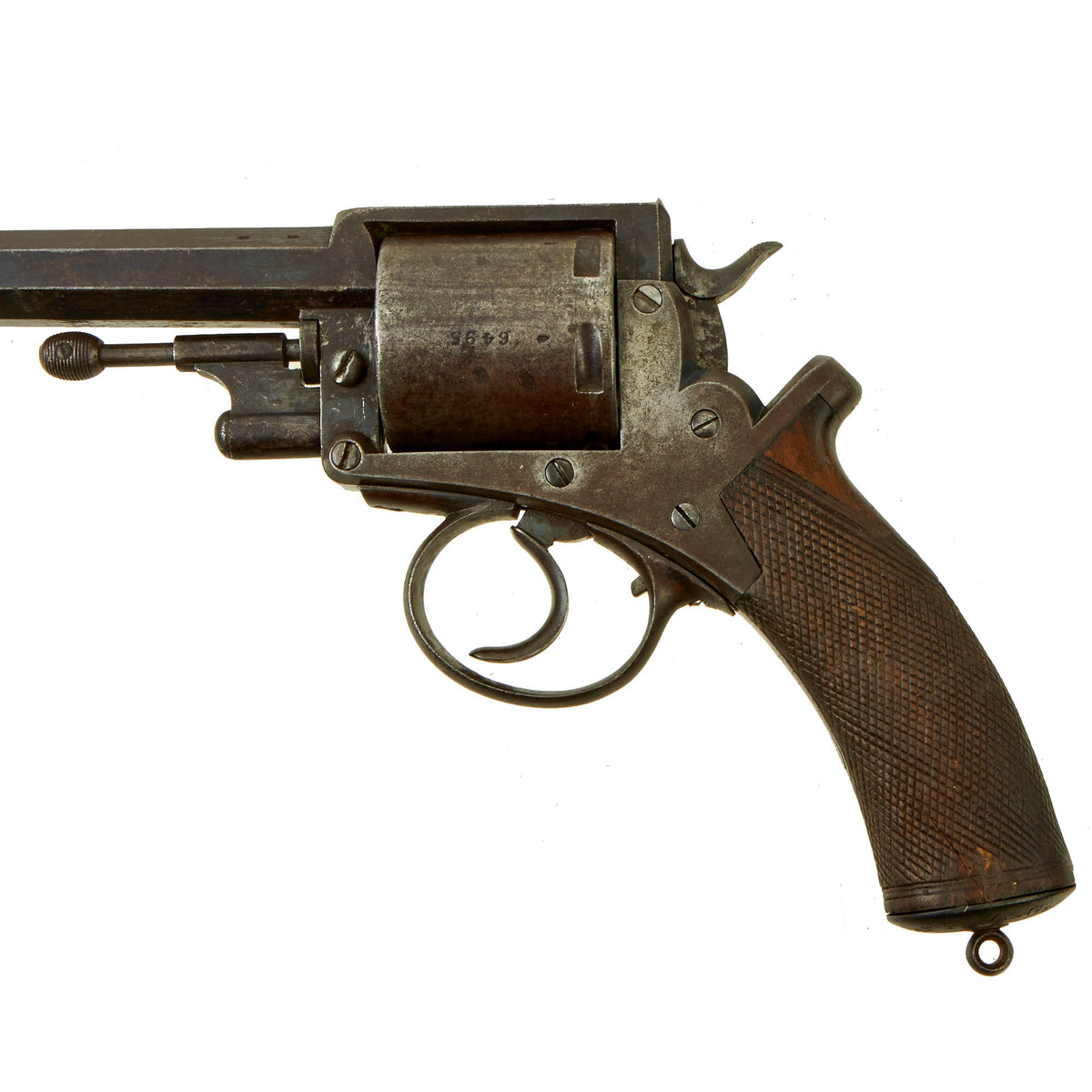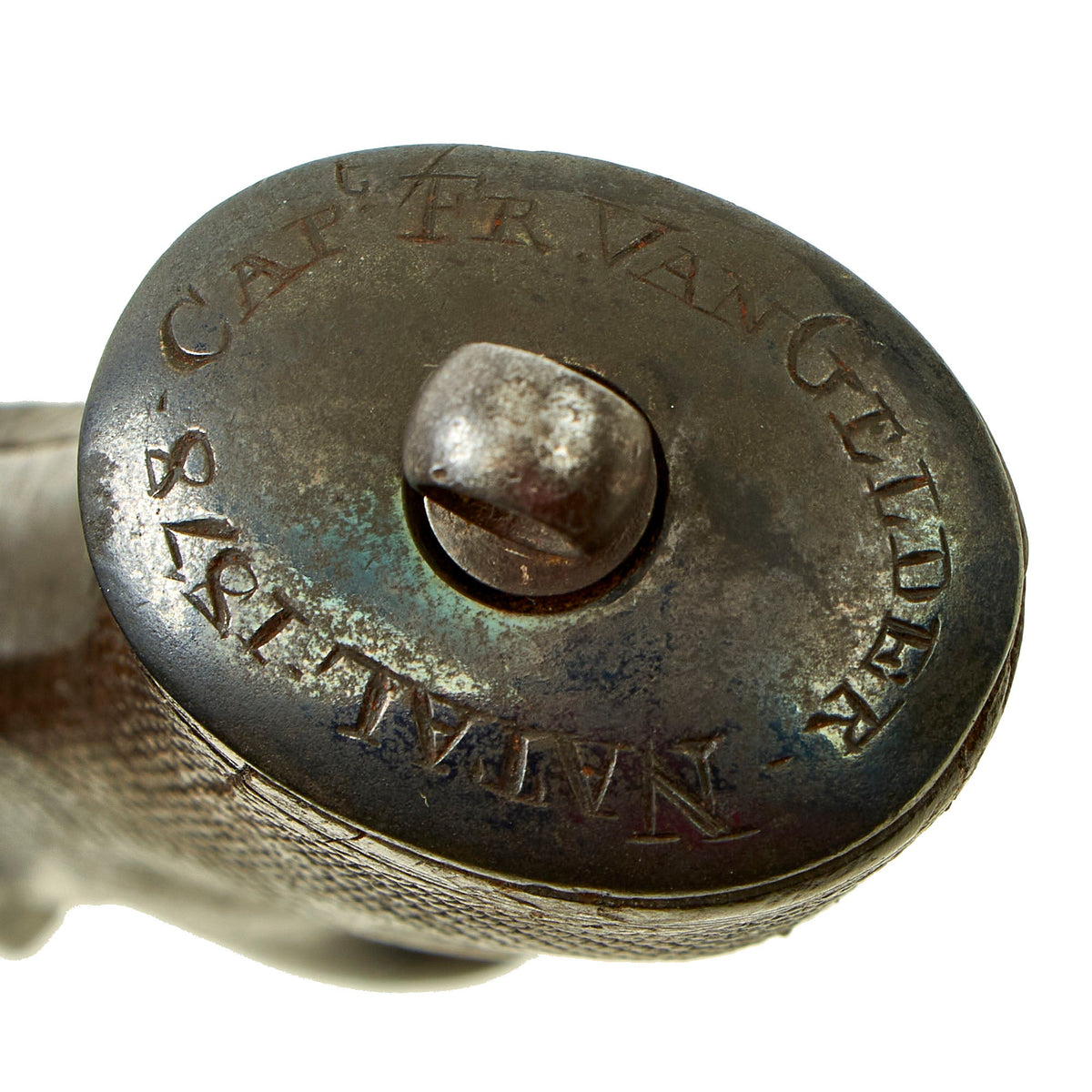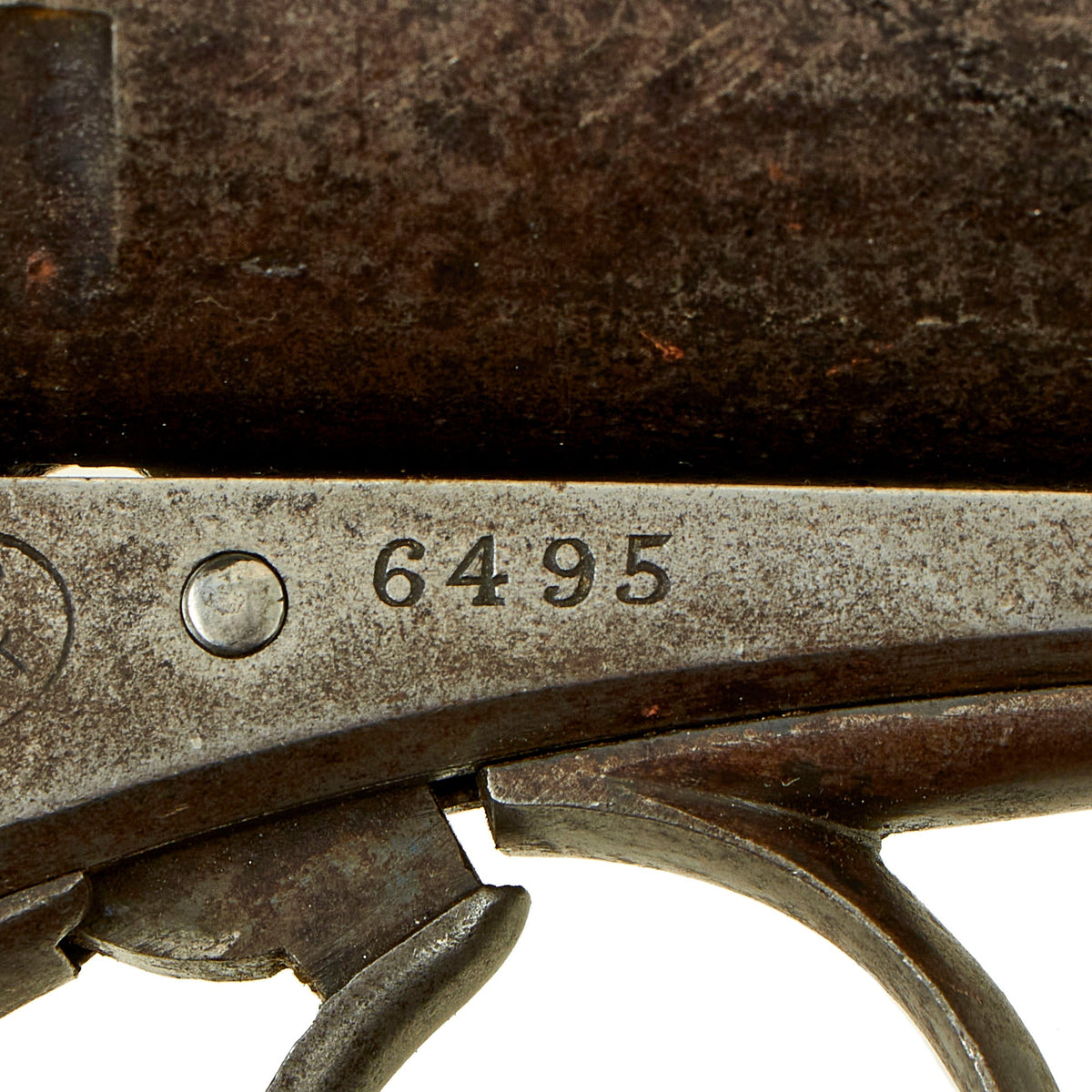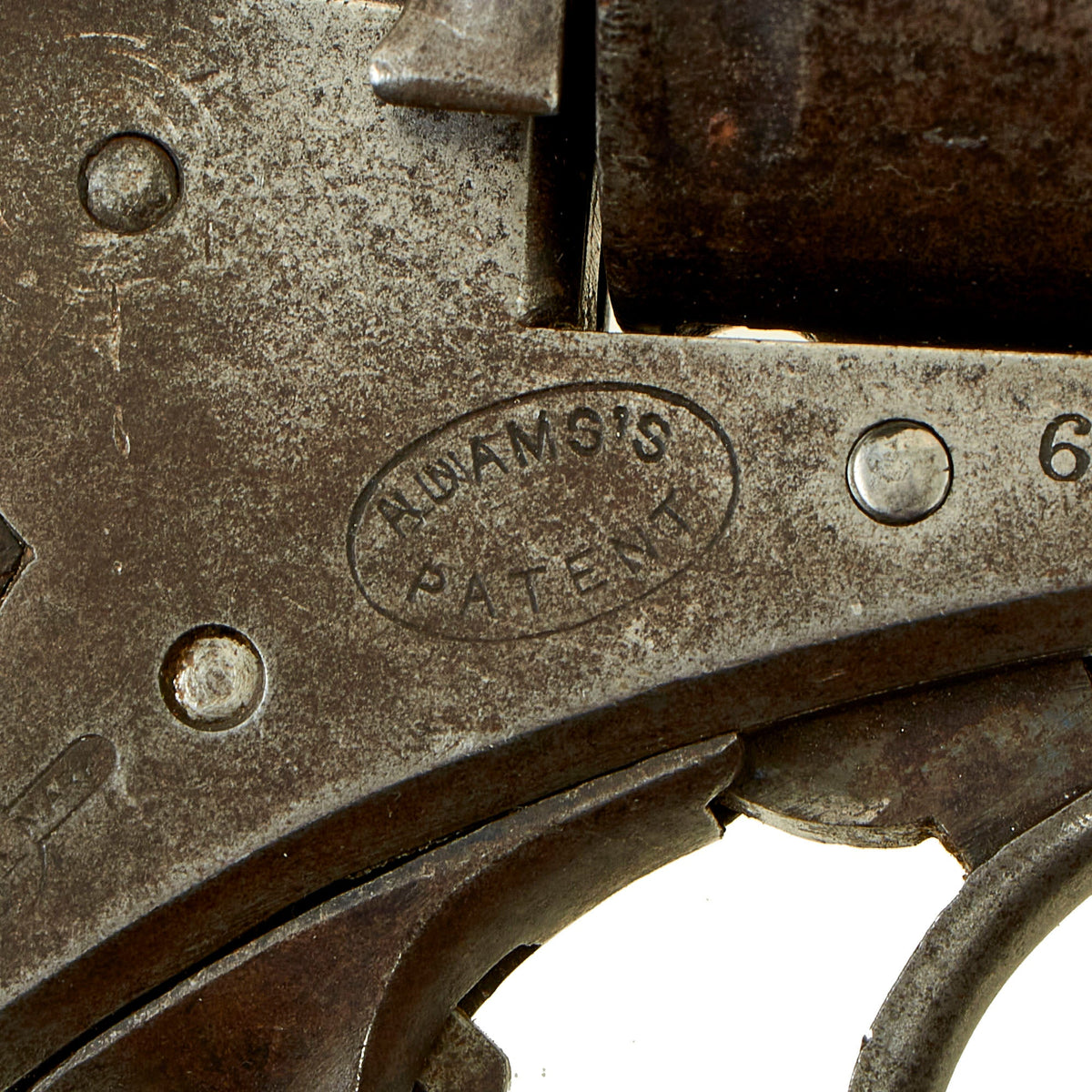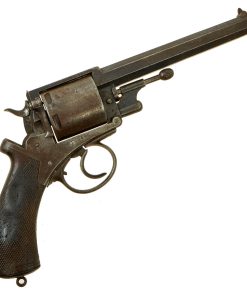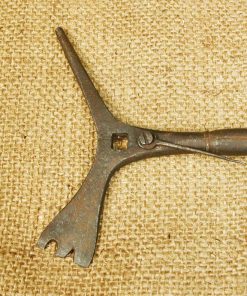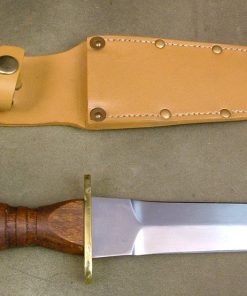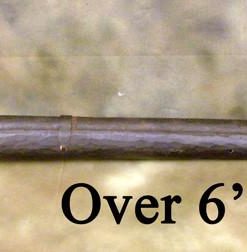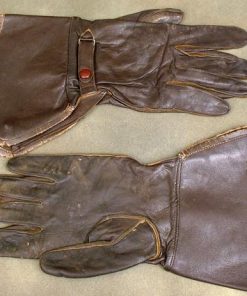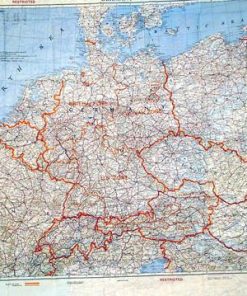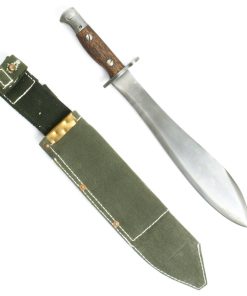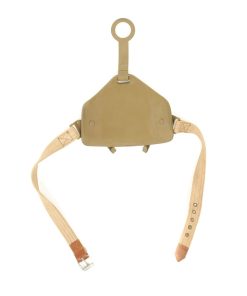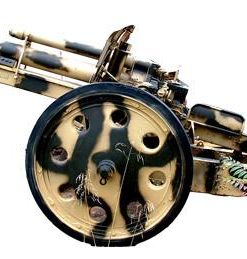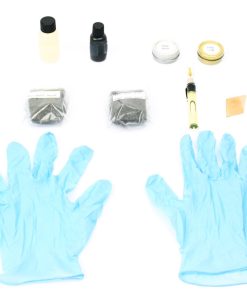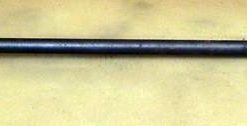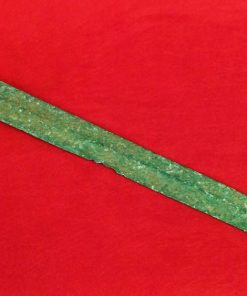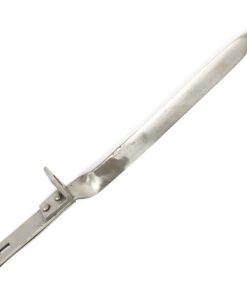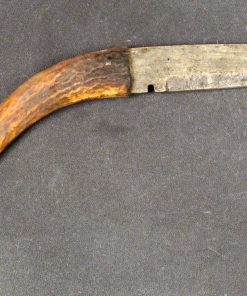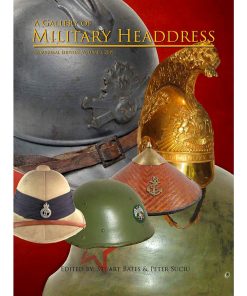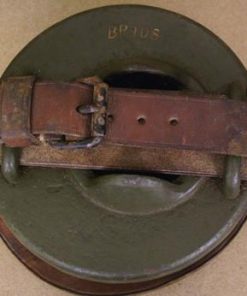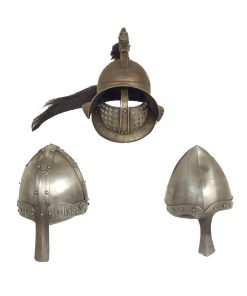Original British Victorian Zulu Wars Model 1872 Mk.III Adams .450 Revolver Marked Capt. Fr. Van Gelder, Natal 1878 – Serial 6495 Original Items
$ 2.995,00 $ 748,75
Original Item: Only One Available. These are VERY rare, especially in this condition, and with marking that puts it solidly in the middle of the Zulu Wars! This is a lovely private purchase Model 1872 MkIII. ADAMS .450 Revolver, officially termed the “Pistol, Adams’ Central Fire, B.L. (Mark III)” by the British War Department. This is exactly like those issued to British Officers at the time of the ZULU WARS in 1879. Company director Christian Cranmer was given two of these by his father when he was 14, however at the time only percussion revolvers caught his fancy, and they were traded away. Now, decades later, he finally has found more.
This revolver design, the model of 1872, started out as a conversion from the Adams Revolver of 1858 in Percussion, known as the Beaumont Adams. This modification took the Double-Action only Adams 1854, and gave it the ability to shoot in the more accurate single action. Further modifications resulted in the Adams model of 1866, the last percussion Model produced.
In 1867, Robert Adams’ brother John Adams patented a breech-loading revolver which was adopted by the British government in place of the Beaumont–Adams. It was a solid frame pistol with six chambers, in .450 caliber. After official acceptance of his pistol, Adams left the London Armory Company and established his own factory, the Adams Patent Small Arms Company. His pistol was manufactured in three distinct variations (differences related mainly to methods of spent cartridge ejection) between 1867 and about 1880. The models were tested and adopted by the British Army and Navy, with the last, the M1872 Mark III, seeing the widest use.
The .450 Adams was the first official centerfire cartridge service revolver adopted by the British War Department . However, the “Mark I” Adams was actually a breech loading conversion of the primary percussion service revolver, as indicated by its official designation in the W.D. “List of Changes” entry 1738 of 26 Nov 1868 – “Deane & Adams’ Revolver Pistol Converted to a Breech-Loader by Mr. J. Adams” . This indicated that The Adams Patent Small Arms company was converting the 1866 models to breech loading cartridges. This was accomplished by adding a loading gate and bored-through replacement cylinder, with a fixed case-extraction rod.
In February of 1872, the Mk.II was introduced, and it was not a conversion from previous designs, but one purpose made as a breech loader, with a two piece frame. It was accepted in List of Changes No. 2227 of 22 Feb 1872 as “Pistol, Adams’ Central Fire, B.L. (Mark II)”. It still had the same fixed side-mounted ejector, which was replaced with a patented swivel ejector on the Mk.III version, adopted afterwards in August 1872. The very brief List of Changes entry for this pattern simply states: “It differs from the previous pattern, Mark II (L.o.C. 2227) in having a more efficient extractor.” This model was the most widely produced, however to find them in this nice condition is extremely rare.
By 1880 however, the Enfield Mk.I revolver was introduced, and it replaced the Adams in service, though it was itself then replaced shortly afterwards by the Webley Mk.I.
We all know and love the Movie ZULU and most everyone knows that Michael Caine in the final redoubt scene is seen to be carrying a MARK VI WEBLEY Revolver circa 1916. No authentic Adams Revolvers could be found at that time from the prop house suppliers in London. This is only the sixth example of a Mk.III that IMA has had, and is definitely the most interesting with a clear Zulu War Era Date Named Inscription.
This Revolver is a private purchase example, and is marked on the top of the barrel with the Adams maker information:
ADAMS’S PATENT SMALL ARMS Co., 391, STRAND, LONDON.
The right side of the revolver is marked ADAMS’S PATENT on the frame along with the Adams’s trademark symbol. Next to this is the serial number 6495, which is also marked on the side of the cylinder and inside the trigger guard. The frame and cylinder bear various other proof and acceptance markings, including the CROWN / GP “Gunmakers Proof and CROWN /V “Viewed” marks from the London proofhouse.
The best marking however is on the bottom of the butt plate, which is marked with:
CAP’t FR. VAN. GELDER
– NATAL 1878 –
From the DUTCH name, we assume this was very possibly purchased by a Natal Mounted Police Officer, many of whom saw active service in the ZULU WAR of 1879. Definitely some fantastic research potential in this lovely Victorian Era revolver.
This revolver is complete, with no missing parts that we can find. The wood grips, are in good condition, though the right side has some marks that look to possibly be from burns. They still bear nice checkering everywhere else on the wood. The revolver metalwork is still shows a lot of the original finish in some areas, while the rest is faded to a great worn patina. The bore shows clear five groove rifling, and has a nice mostly bright finish.
The revolver cycles well in both single and double action, with a bit of slop in the mechanics due to wear. The cylinder arbor pin can be removed relatively easily, and the loading gate and ejector are still present and fully functional. The bore shows clear five groove rifling, and has a nice mostly bright finish. However, there is definitely a bulge about 2 inches from the muzzle, and a crack on the top of the barrel in the address marking. This revolver was definitely fired with a bullet already stuck in the barrel, something that might commonly happen during the heat of battle.
Ready to Research and Display. Very rare in this fine condition, with lots of original finish!
Specifications:
Year of Manufacture: circa 1875
Caliber: .450 Boxer
Ammunition Type: Centerfire Cartridge
Barrel Length: 6 inches
Overall Length: 11 1/2 inches
Action: External Hammer Double/Single Action
Feed System: 6 Shot Revolver
Fast Shipping with Professional Packaging
Thanks to our longstanding association with UPS FedEx DHL, and other major international carriers, we are able to provide a range of shipping options. Our warehouse staff is expertly trained and will wrap your products according to our exact and precise specifications. Prior to shipping, your goods will be thoroughly examined and securely secured. We ship to thousands clients each day across multiple countries. This shows how we're dedicated to be the largest retailer on the internet. Warehouses and distribution centres can be located throughout Europe as well as the USA.
Note: Orders with more than one item will be assigned a processing date depending on the item.
Before shipping before shipping, we'll conduct a thorough inspection of the items you have ordered. Today, the majority of orders will be delivered within 48 hours. The delivery time will be between 3-7 days.
Returns
The stock is dynamic and we cannot completely manage it because multiple stakeholders are involved, including our factory and warehouse. So the actual stock may alter at any time. It's possible that you may not receive your order once the order has been made.
Our policy is valid for a period of 30 days. If you don't receive the product within 30 days, we are not able to issue a refund or an exchange.
You can only return an item if it is unused and in the same state as the day you received it. You must have the item in its original packaging.
Related products
Uncategorized
Uncategorized
Uncategorized
Uncategorized
Uncategorized
Australian WWII Owen MK1 Machine Carbine SMG Custom Fabricated Replica with Sling Original Items
Uncategorized
Uncategorized
Band of Brothers ORIGINAL GERMAN WWII Le. F.H. 18 10.5cm ARTILLERY PIECE Original Items
Uncategorized
Uncategorized
Uncategorized
Uncategorized
Uncategorized
Uncategorized
Uncategorized
Uncategorized
Uncategorized
Uncategorized
Uncategorized
Armoured Fighting Vehicles of the World: AFVs of World War One (Hardcover Book) New Made Items
